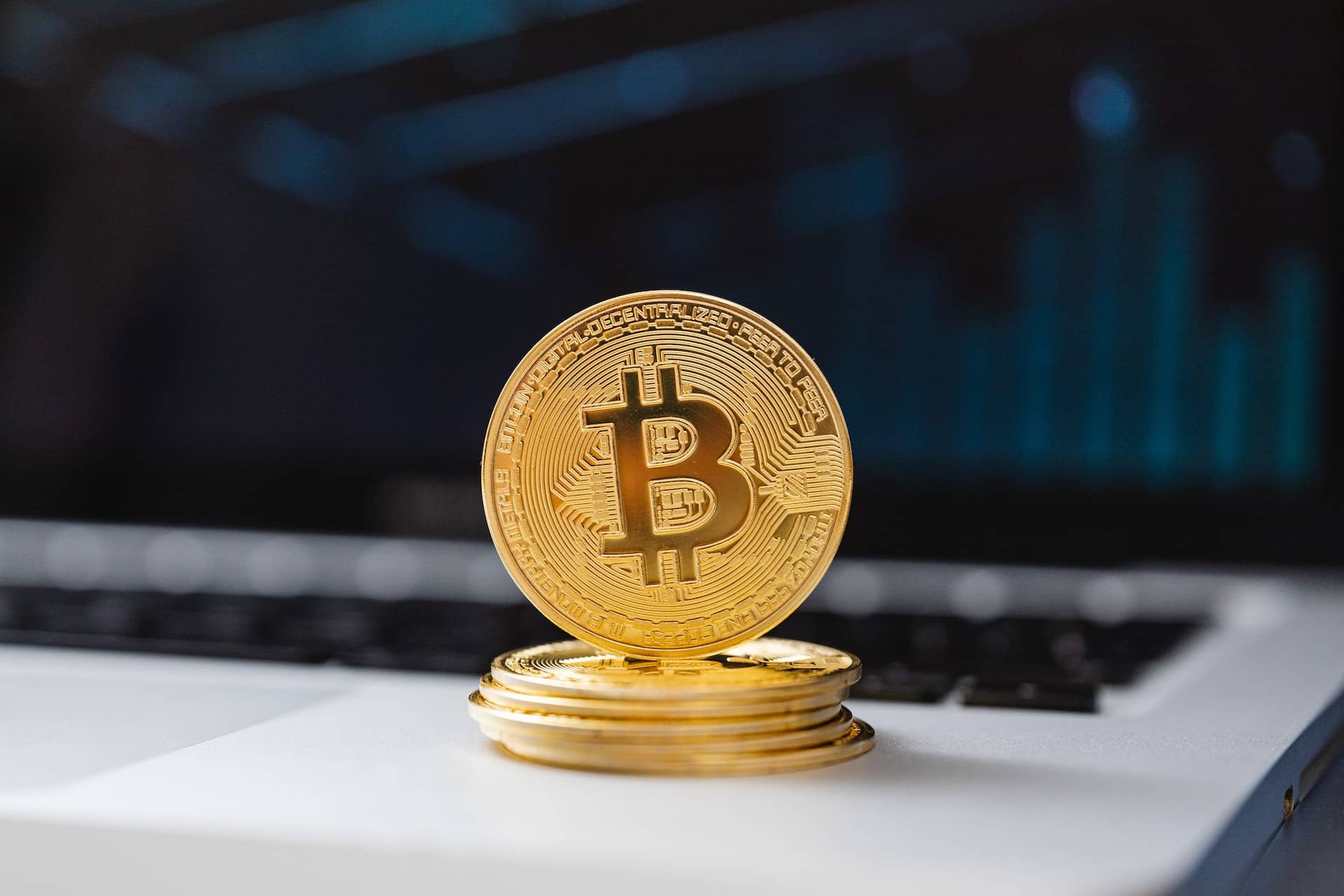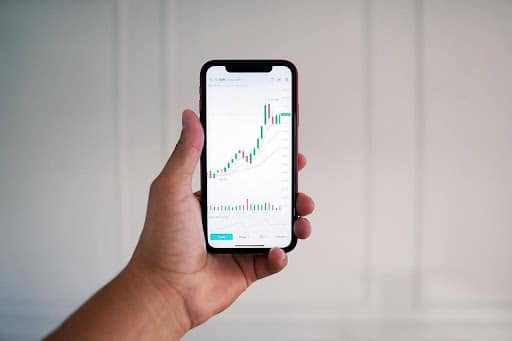Updated on 2024/03/23– Despite the government’s strong vision and earnest intentions, the lukewarm reception towards eNaira adoption has become apparent over the course of time.
The emergence of digital currencies has transformed the way we perceive and interact with money.
One such digital currency that has gained attention in recent years is the eNaira.
Despite its potential benefits, however, the adoption of eNaira has been relatively slow. This sluggish uptake can be attributed to a variety of factors.
Central Bank Digital Currency
Digital currency refers to currency that exists solely in electronic/digital form and operates entirely in the digital realm.
A central bank digital currency (CBDC) is a form of digital currency issued and regulated by a country’s central bank.
It aims to combine the benefits of digital payments with the stability and credibility associated with central bank money.
CBDC is a digital representation of a nation’s official currency that operates on a blockchain.
These blockchains are secure and transparent digital ledgers that record all transactions and ownership of the digital currency units.
Introduction Of ENaira In Nigeria
Among the more than 50 countries in Africa, Nigeria is the 14th largest in terms of area.
Now when it comes to overall Gross Domestic Product (GDP), it’s included in the list of top ten richest African countries – at number one.
Citing 2021 World Bank data, World Population Review put Nigeria’s GDP at $440.834 million.
On October 25, 2021, Muhammadu Buhari, the then-president of the Federal Republic of Nigeria launched the eNaira, Africa’s first CBDC.
In his speech at the State House in the capital city of Abuja, Buhari said, reported African Business, that the eNaira adoption would, among other things:
- make remittances grow
- stimulate cross-border trade
- ease up the government’s welfare payment transactions
The former president added that the government projected that in ten years’ time, the adoption of eNaira would increase the country’s GDP by approximately $29 billion.
What Is ENaira?
The Central Bank of Nigeria (CBN) introduced eNaira as a form of electronic cash.
It is designed to serve as a digital representation of the Nigerian naira (NGN), Nigeria’s official currency.
The eNaira is based on blockchain technology, which allows for secure and decentralized transactions.
Its main purpose is to promote financial inclusion and improve the efficiency of transactions in Nigeria.
It also aims to provide a safe and reliable digital payment system that is accessible to all Nigerians, including those who do not have access to traditional banking services.
With eNaira adoption, individuals and businesses can make electronic transactions (e.g., payments, transfers, and remittances) using their smartphones or other digital devices.
How Does ENaira Work?
According to African Business, the eNaira adoption works in the following levels:
- Consumer Transactions
Nigerians need the eNaira wallet (called the “Speed Wallet”) to carry out peer-to-peer payments of goods and services.
Some important reminders:
- There is no transaction fee/charge involved.
- You can transfer money from your eNaira wallet to your regular bank account.
- You cannot withdraw actual money from your eNaira wallet using your ATM.
- The money in your eNaira wallet will not incur any interest.
Nigerians must link their bank account(s) or credit card(s) to their eNaira wallet to allow them to send and receive money.
As for those who don’t have a bank account, they can do transactions not exceeding to NGN50,000 per day.
- Merchant Transactions (e.g., “merchant/business to person (M/B2P”)
- Financial Transactions (e.g., financial transactions (FIs) to business and vice versa)
- MDA Transactions (e.g., ministries, departments and agencies or MDA transactions to person and vice versa)
ENaira Adoption
In “The Evolution of the Nigerian Monetary System through Central Bank Digital Currencies,” an article published by West African law firm AELEX, the eNaira adoption is among the topics discussed.
According to it, Nigeria started to be interested in having its own CBDC in 2017.
Per Rakiya Mohammed, the CBN’s I.T. Department director, research work kicked off in that year.
Dubbed “Project Giant,” the CBN built it on a Distributed Ledger Technology (DLT).
DLT refers to a decentralized and consensus-based system that enables the recording, sharing, and synchronization of digital data across multiple participants or nodes in a network.
The CBN wants the eNaira adoption to be safe for everyone.
The cryptographic techniques used in DLT ensure the security and integrity of the data stored on the ledger. Transactions are verified and recorded in a tamper-resistant manner, making it difficult for malicious actors to manipulate the records.
The Nigerian public first learned about the government’s CBDC project in July 2021.
CBN Governor Godwin Emefiele announced it during his speech at the 306th Bankers’ Committee Meeting in Lagos.
To further inform the public regarding the CBDC, the CBN hosted a press conference and a webinar before the month ended.
The article stated:
“The CBN reiterated that the eNaira will not replace the traditional payments system and that it would only serve as an assistant to it.”
Several Nigerians initially expressed their enthusiasm about the first African.
According to Nigerian business site Nairametrics, eNaira’s original launch was October 1, 2021.
On September 30, however, CBN Director of Corporate Communications Osita Nwanisobi (who retired in February 2023) announced that it would be rescheduled.
Nwanisobi said that the CBN intended to launch the eNaira during the country’s Independence Day (October 1). However, they decided to find another date so as not to affect the nation’s collective celebration.
Nairametrics shared another reason.
Based on its report, unnamed “sources close to the implementation of the initiative” disclosed to Nairametrics that the CBN needed additional time to ensure the eNaira system’s security and reliability.
On September 27, 2021 – just four days before the original launch date – the website of the eNaira went live.
In the succeeding days, more than 2.8 million hits would average daily.
It prompted the CBN to recheck the system’s capabilities after such an overwhelming surge in visitors.
ENaira Failure
Premium Times reported about a recent working paper by the International Monetary Fund (IMF), which revealed the lukewarm eNaira adoption.
According to “Nigeria’s eNaira, One Year After” by IMF Senior Economist Jookyung Ree and released on May 16, 2023, here are some of the instances pointing to eNaira failure:
Abandoned eNaira wallets
An upsetting 98.5 percent of the eNaira wallets have not been used since they have been downloaded.
Even more disappointing is that it’s even probable that several of those who downloaded them have not even bothered to use them at all.
Dismal transaction figures
In each week since the eNaira launch in October 2021, the number of eNaira transactions have been approximately 14,000 on the average.
That means a miserable 1.5 percent of eNaira wallets have only been used since its launch.
Low usage from households and business owners
The eNaira adoption has been terribly slow because Nigerian consumers and merchants are not keen on adopting it.
As Ree wrote:
“The retail wallet downloads saw a few weeks of the initial surge before tapering off.”
Look at this table:
| Number of Downloaded eNaira Wallets | Number of Days It Took |
| from 0 to 500,000 | 25 |
| from 500,000 to 600,000 | 63 |
| from 600,000 to 700,000 | 143 |
In addition, approximately 860,000 eNaira wallets for retail were downloaded by the end of November 2021 – a mere 0.8 percent of the number of active bank accounts in Nigeria.
As for the number of downloaded eNaira wallets for merchants: approximately 100,000 (end-June 2022).
That figure, wrote Ree, “is about one-eleventh of the number of merchants with Point-of-Sales (POS) terminals – which enables credit or debit card payments.”
On June 9, 2023, President Bola Ahmed Tinubu (assumed office on May 29, 2023) suspended CBN Governor Godwin Emefiele as his office was placed under investigation, reported Premium Times.
It was during Emefiele’s leadership that the ambitious Nigerian CBDC project has been experiencing gloomy results.
The eNaira adoption remains low and slow. As of June 8, 2023, the eNaira hit its lowest trading price:
| eNaira Trading Price | Market |
| 750 naira per dollar | parallel market |
| 469.50 naira per dollar | spot market |
According to an October 2022 article by syndication platform Mondaq, the CBN prohibits cryptocurrency trading but does not declare it illegal in accordance with existing Nigerian laws.
Nigeria’s stance on cryptocurrencies has made an impact, albeit a negative one, on its own CBDC.
An April 2023 article published by Cornell SC Johnson College of Business in New York cited Nigeria’s “mixed messages about cryptocurrencies” as one factor behind the slow eNaira adoption in the country.
What could even possibly hinder more Nigerians to adopt the eNaira is the recent ban imposed on Binance Nigeria Limited, reported U.S. News in June 10.
Binance, owned by multi-billionaire Chinese-Canadian Changpeng Zhao, is one of the largest and most popular cryptocurrency exchanges in the world.
In a statement, the Securities and Exchange Commission (SEC) of Nigeria declared its operations in the country to be “illegal.”
Varun Paul, the director of CBDC and market infrastructure at Fireblocks in London, a blockchain security service headquartered in New York, offered two likely reasons behind the poor eNaira adoption.
In an interview with CoinDesk, Paul said that it could be because:
- Nigerians think that their government should spend more time studying about CBDC because they could be aware of how other countries are still in the process of learning more about it.
- Nigerians need to be informed further about eNaira and how digital currencies like it will benefit them.
As for Adesoji Solanke, a Nigerian director at the London branch of the investment bank Renaissance Capital, he told CoinDesk that internet access affects the eNaira adoption.
As of June 11, 2023, according to the World Population Review, Nigeria’s population reached approximately 223.4 million. Approximately 109.8 million of them are over 18 years old.
Per Statista (January 2023), various sources estimate that there are 25 and 40 million Nigerians who were smartphone users.
So, Solanke has a point.
The slow eNaira adoption could be attributed to the cost of internet subscription and/or the price of smartphones, which are major concerns for minimum-wage earners.
People Also Ask
What Are The Benefits Of Adopting CBDC?
The introduction of a CBDC can bring several potential advantages.
It can enhance financial inclusion by providing a secure and accessible means of payment to individuals who may not have access to traditional banking services.
CBDCs can also offer faster and cheaper cross-border transactions and improve monetary policy implementation.
They can likewise provide increased transparency and traceability of transactions, which can help combat illicit activities.
Can eNaira Be Used For International Transactions?
Yes, eNaira can be used both for local and international personal and business dealings.
What Is The Difference Between Cryptocurrency And eNaira?
Majority, a Stockholm-based digital financial services company, explains in an article that unlike cryptocurrencies, it’s the government that issues eNaira. Therefore, the value of the naira (the physical money) will be the same as the value of eNaira.
Final Thoughts
The eNaira adoption has been taking place at a slow rate since its launch 1.7 years ago.
In the ever-evolving landscape of digital currencies, the emergence of Central Bank Digital Currencies (CBDCs) has been regarded as a transformative step towards a more efficient and inclusive financial system.
The eNaira was introduced with the aim of enhancing financial inclusion, improving transparency, and fostering economic growth.
As regulatory challenges, technological barriers, and concerns about security and trust hover around Nigerians the eNaira adoption might continue to remain sluggish




